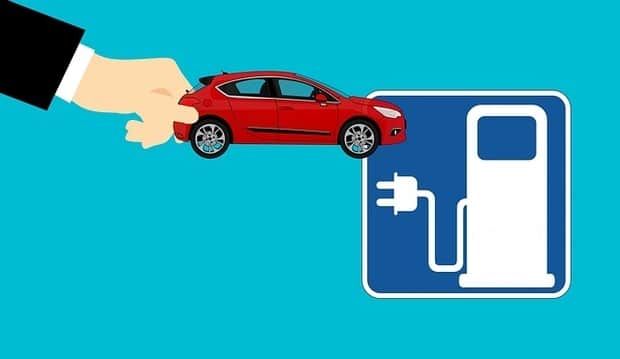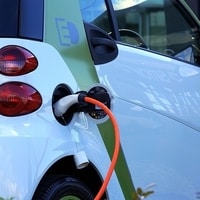Many countries have seen a massive upswing in electric vehicle (EV) adoption in recent years, with companies like Tesla blazing a trail for more traditional car makers to join the electric revolution.
Driven by a promise of reduced emissions and environmentally friendly transportation, Australians are recognising the competitive costs to run EVs compared to petrol-powered vehicles.
Despite their environmental credentials, an argument against EVs is their limited driving range. A recent report by WhichCar set out to determine the best long-range electric vehicles. The study sought EVs that could exceed 400 km in a single journey before needing a charge.

Rather, the vehicle’s range is typically dictated by its “battery size and capacity, vehicle weight, and the output of [its] electric motor”.
The report only listed long-range EVs currently on the market in Australia, or those going on sale in 2019.
Long-range electric vehicle winners
Standing head and shoulders above the rest, the Tesla Model S 100D clocked up 537 km from its 100 kWh battery on a single charge. The Model S continues to be the benchmark in long-range EVs. However, its $139,500 tag puts it out of price range for many drivers.
Similarly, the 90 kWh Jaguar I-Pace ($119,000–$140,800) and 95 kWh Audi E-Tron ($140,000 estimated) managed 469 km and 400 km, respectively, on a single charge. While impressive, the Tesla Model S, both the I-Pace and E-Tron’s price range may put them out of reach for people looking to enter the EV market.
Cheaper price does not equal shorter electric vehicle range
The report, however, did name two EVs from traditional car makers with more competitive prices. The Kia e-Niro actually beat out the $142,000 Tesla Model X 100D for range. In addition, despite its smaller battery (64 kWh), it managed 485 km and costs $55,000.
The Hyundai Kona Electric also made the list. At $55,000, it delivered an impressive range of 449 km from its 64 kWh battery.
EVs part of our solar powered future
With several long-range electric vehicles now at more reasonable prices for the consumer, many Australians are realising how their home solar panel systems can be used to charge their EVs and save money.
Incorporating a Tesla Powerwall or other battery in the home, for example, means owners can charge their electric vehicles overnight with the solar energy collected during the day.












































